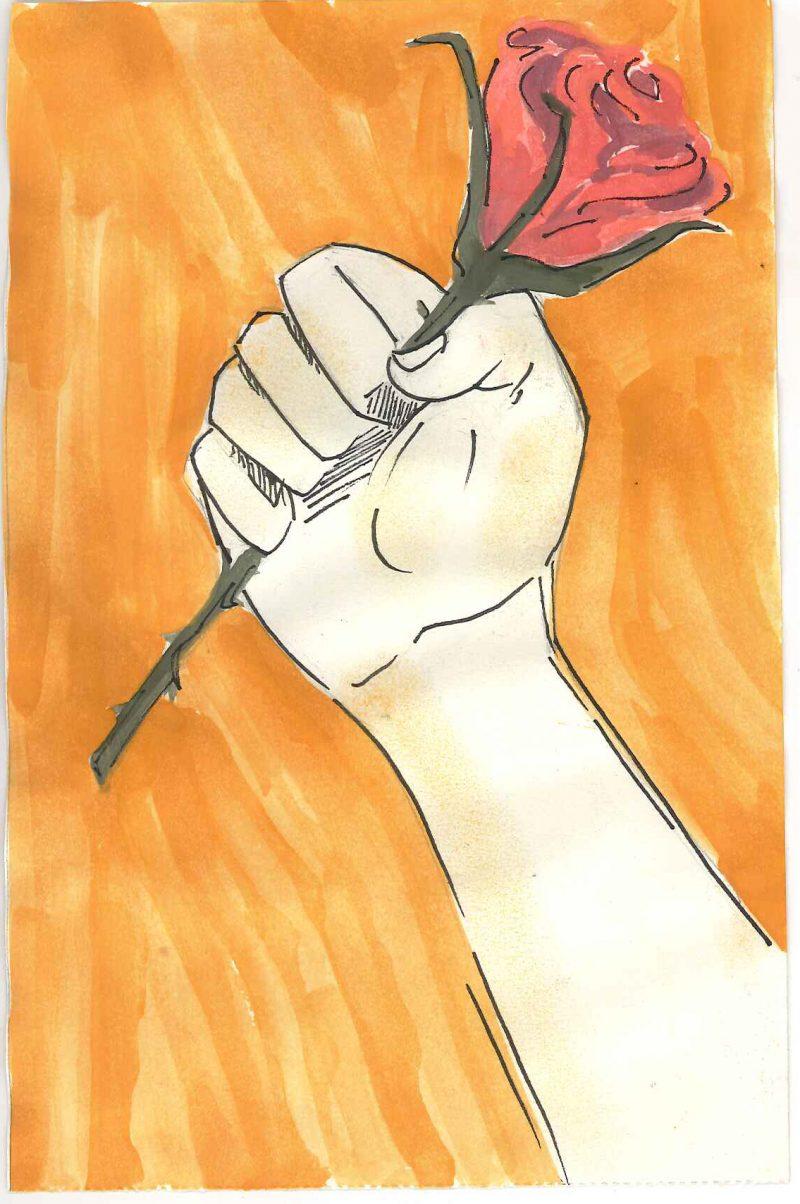For 22 seasons, it’s been a fact universally acknowledged that a group of 20-something women will enter an inordinately staged mansion in a fruitless plea for the titular Bachelor. More interestingly, for more than 15 years, hordes of Americans have tuned in with their friends to watch the show with a varying mix of sincerity and irony.
While I had never watched “The Bachelor” before this season, I had heard so much about it within the zeitgeist that I felt I had a pretty firm understanding of what it was. However, after watching the show myself and talking about it with others at Trinity, I realized just how wrong I was.
With many shows, I may binge-watch a few episodes or seasons with friends, but never the same show consistently. But with “The Bachelor,” I’ve heard water cooler discussion about this show from my peers since high school. At Trinity, junior Reagan Herzog told me that from the summer before her first year she had already found a core group of “Bachelor” watchers. Since then, even if the group has fluctuated, she has watched the show regularly in a dorm room with friends — not just the core program but the various spin-offs as well.
As a non-watcher, I had, of course, heard about the spinoff, “The Bachelorette,” but I was surprised to hear about the more activity-oriented “Bachelor in Paradise,” the canceled “Bachelor Pad” and the upcoming “Winter Games Bachelor.”
For those like my past self — my pre-enlightened bachelorette to “The Bachelor” self — who might not know the premise, the main show places one man at the center of a preternaturally attractive group of young women’s lives for a few months.
The first episode kicks things off with a cringe-inducing “First Impressions” round, with all twenty-nine female contestants trying to make their mark on the Bachelor. Some choose to bring valuable gifts like cufflinks, others try to display their personality with gimmicky lines that seem to have come straight from a Buzzfeed listicle of Tinder bios to avoid.
All of this happens as the man they are all vying for, the man they quit their jobs for and bought hundreds of dollars worth of slightly-fancier-than-prom dresses for, smiles and offers a generic, most-likely dubbed, whispered complement as they walk away.
The fun and the real surprise twist for first-time viewers comes with the obvious but satisfying formulated drama from the women systematically sabotaging their peers with subtle interruptions of one-on-one time with this season’s bachelor, Arie Luyendyk Jr. I suspected as much since producer-invented melodrama is a staple in reality television.
But the lack of shame from “The Bachelor” made every choice funnier. There is a single mother who is not there to make friends and doesn’t care if she has to be the villain to get the man. There are somehow four girls named Lauren vying for Arie. One contestant not only plays the ukulele, but is also a seasoned taxidermist, which will inevitably be folded in later in the season as she — hopefully — will win over Arie with a stuffed sea lion.
Every archetype became weirdly satisfying as “The Bachelor” met each expectation my friends and I had before viewing but with a full-fledged dedication to the ridiculous. This will come as no surprise to those who already watch the show, but it all kind of felt like a religious experience. I don’t know if I agree with any of the tenets being preached, but I fully enjoy the communal environment.
If host Chris Harrison is the Father and race-car driver Arie Lyendyk Jr. is the Son, watching “The Bachelor” with friends is the Holy Spirit. Or, less controversially, finding community with trashy reality television can be a welcome respite from our actual reality, and I fully recommend it.







